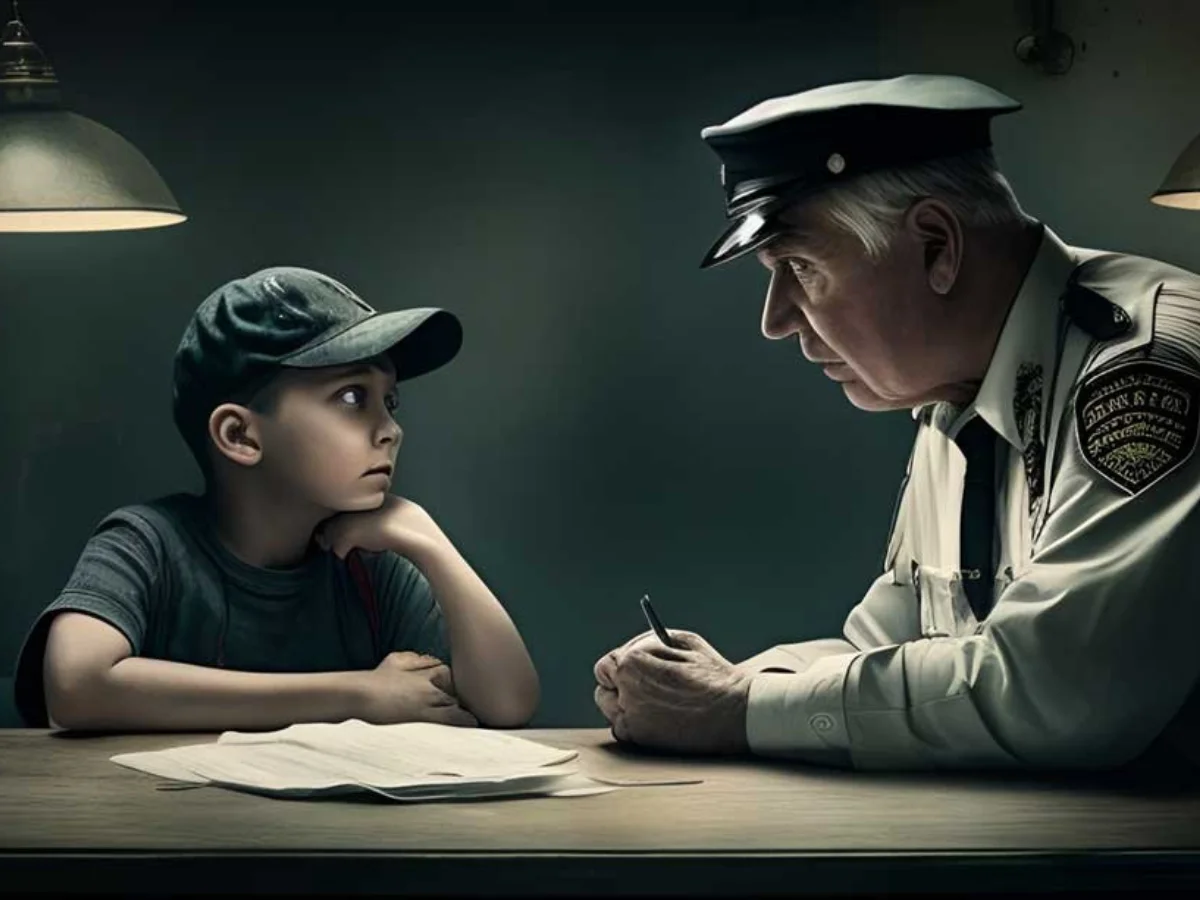Introduction
Questioning minors without parental involvement is a legal and ethical issue that often arises in various contexts. This comprehensive guide explores the legal rights of minors, the circumstances under which they can be questioned, the role of informed consent and parental presence, and the applicability of Miranda rights to minors. It’s essential to understand the boundaries and protections in place when questioning minors.
The Rights of Minors
Legal Protections for Minors
Minors are afforded legal protections to ensure they are treated fairly and their rights are respected, even during questioning.
Balancing Rights and Necessity
Balancing the necessity of questioning a minor’s rights is a delicate but crucial aspect of the legal system.
Circumstances for Questioning Minors
Law Enforcement Interrogations
Law enforcement may question minors, but there are guidelines to ensure it’s done within the boundaries of the law.
School and Educational Settings
Educational institutions may also question students, but they must adhere to specific policies and regulations.
Consent and Parental Presence
Informed Consent
Minors may need to provide informed consent to be questioned, depending on the circumstances.
Parental Involvement
The presence of a parent or guardian during questioning can be crucial, ensuring the minor’s rights are upheld.
Miranda Rights and Minors
Understanding Miranda Warnings
Miranda warnings are designed to inform individuals of their rights, including the right to remain silent and have an attorney present.
Applicability to Minors
The applicability of Miranda warnings to minors can vary, and understanding these rights is essential.
Legal Limits and Restrictions
Juvenile Interrogations
Juvenile interrogations must follow legal guidelines to ensure fairness and protect the rights of the minor.
Due Process and Fair Treatment
Due process and fair treatment are fundamental principles that apply to all individuals, including minors.
The Importance of Legal Counsel
Consultation with an Attorney
If your child is questioned, consulting with an attorney can help protect their rights and ensure a fair process.
Rights Awareness
Parents and guardians should educate themselves and their children about their legal rights.
Frequently Asked Questions (FAQs)
FAQ 1: Can minors be questioned by law enforcement without parental consent?
In some cases, minors can be questioned by law enforcement without parental consent, but there are legal limits.
FAQ 2: Do minors have the right to remain silent during questioning?
Yes, minors have the right to remain silent during questioning, just like adults.
FAQ 3: How can parents protect their child’s rights during questioning?
Parents can protect their children’s rights by educating them about their rights, providing legal counsel if needed, and ensuring informed consent.
FAQ 4: What are the consequences of improperly questioning a minor?
Improperly questioning a minor can lead to the exclusion of evidence or even legal repercussions for law enforcement.
FAQ 5: Are there differences in questioning minors in different jurisdictions?
Laws regarding the questioning of minors can vary by jurisdiction, so it’s essential to understand local regulations.
Conclusion
The legality of questioning a minor without parental involvement is a complex issue, and understanding the rights and protections in place is crucial. It’s essential to ensure that minors are treated fairly and their rights are upheld in all questioning situations. Parents and guardians can play a pivotal role in protecting these rights, making awareness and legal counsel important components of the process.
Read More: https://courtsandchildren.org/
More Related:
What Legal Documents Do I Need for Elderly Parents?
Does Sole Legal Custody Terminate Parental Rights?
Can a Child Share a Room with Parents Legally?
Are Foster Parents Legal Guardians?
Can You Legally Disown a Parent?
How Long is a Parent Legally Responsible for a Child?
How to Get Legal Guardianship of a Parent
Contents
- 1 Introduction
- 1.1 The Rights of Minors
- 1.2 Circumstances for Questioning Minors
- 1.3 Consent and Parental Presence
- 1.4 Miranda Rights and Minors
- 1.5 Legal Limits and Restrictions
- 1.6 The Importance of Legal Counsel
- 1.7 Frequently Asked Questions (FAQs)
- 1.7.1 FAQ 1: Can minors be questioned by law enforcement without parental consent?
- 1.7.2 FAQ 2: Do minors have the right to remain silent during questioning?
- 1.7.3 FAQ 3: How can parents protect their child’s rights during questioning?
- 1.7.4 FAQ 4: What are the consequences of improperly questioning a minor?
- 1.7.5 FAQ 5: Are there differences in questioning minors in different jurisdictions?
- 1.8 Conclusion























